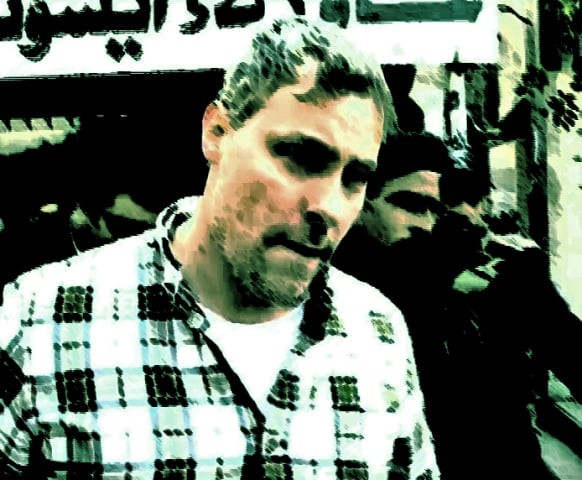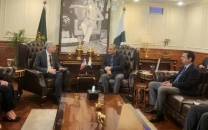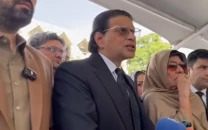Only embassy staff enjoy absolute immunity: Experts
They, however, agree if Davis was consulate staff, he can still be prosecuted.

But is the man identified as Raymond Davis, under investigation on double murder charges, indeed a diplomat? And does that mean the government is succumbing to intense US pressure for the man’s release?
There are two conventions governing diplomatic and consular relations among the states: the Vienna Convention of 1961 deals with diplomatic relations while the 1963 caters to consular ties.
The difference between the two international laws is that one provides full immunity for diplomats while the other has restricted privileges.
When the Lahore shooting incident took place last Thursday, the US initially said Raymond Davis was a member of its consulate’s ‘technical and administrative staff’ in the provincial capital.
In that case, the US national has no diplomatic immunity under the Vienna Convention of 1963, said Ikram Chaudhry, who filed a petition in the Supreme Court, asking the court to rule that the detained American national “does not enjoy any immunity”.
“The Vienna Convention of 1963 clearly states that consular officers shall not be liable to arrest or detention pending trial, except in the case of a grave crime,” Chaudhry argued.
He said the Lahore incident constituted a ‘grave crime’ and Raymond was liable to be arrested and tried in the court.
However, the US Embassy has now changed its stance.
“We have checked his record which indicates he is a member of the technical and administrative staff assigned to the US embassy in Islamabad,” said a US Embassy spokesperson.
“Being assigned to the US embassy, he enjoys full criminal immunity under the Vienna Convention of 1961,” said Courtney Beale.
She maintained that the US government had ‘absolutely no doubt about his diplomatic status.’
“He should not have been detained or tried in the court...this situation worries us,” she added.
Barrister Zafarullah, who also moved the Supreme Court against the possible extradition of Raymond Davis, said there was no concept of “absolute diplomatic immunity as such”.
“What if a diplomat enters the White House and kills the American President and later claims immunity. Do you think immunity is available in such a case…absolutely not,” he contended.
“The immunity is only applicable when a diplomat performing official functions and it is not meant for benefiting individuals,” Zafarullah maintained.
However, the government, which is under intense US pressure, has not yet made up its mind on how to deal with the matter.
One of the experts, who are advising the government on the legal implications of the incident, spoke to The Express Tribune on condition of anonymity.
He said the Vienna Convention of 1961 did “provide full criminal immunity”, but the incident of Lahore was “too blatant to be ignored”. However, he argued the Pakistani courts did not have the jurisdiction to give rulings on immunity.
Published in The Express Tribune, February 4th, 2011.



















COMMENTS
Comments are moderated and generally will be posted if they are on-topic and not abusive.
For more information, please see our Comments FAQ